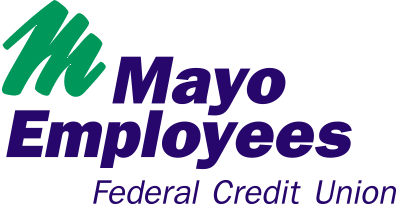
As technology advances, so do the tactics of fraudsters. Protecting yourself from identity theft in 2025 requires staying informed, vigilant, and proactive. Here are the top tips to help safeguard your personal and financial information.
1. Protect Personal & Financial Information
Limit personal information (vacation spots, pet names, graduation dates, etc.) shared on social media. Scammers use this for identity theft, account takeovers, and guessing passwords. Also, use a safe for sensitive paperwork, and shred documents with personal information before discarding them.
2. Strengthen Digital Security
Use Multi-Factor Authentication (MFA) for all financial and important accounts, combining something you know (password) with something you have (a device). Never give out MFA codes. Credit Union employees will never ask for this code. If a code is sent to you and someone asks you to provide it to them, hang up and call 800-535-2129. Employ a password manager to create and store complex passwords for each account.
3. Stay Aware of Scams
Scammers often pressure victims to act quickly. Pause and verify before responding to urgent or threatening messages or calls. Beware of investment
scams, particularly in crypto or precious metals. Review all investment opportunities with skepticism and contact a local training advisor to thwart these scams.
4. Secure Devices & Networks
Use encrypted Wi-Fi connections and avoid using public Wi-Fi for financial transactions. Use a VPN for added protection. Keep operating systems, browsers, and apps updated to ensure they have the latest security patches and be sure your antivirus and antimalware software is up to date.
5. Monitor Your Financial Health
Review bank statements for unauthorized activity. Enable transaction notifications on credit inquires, and financial transactions to catch fraud in real-time. Freeze credit when not in use to prevent scammers from opening accounts in your name.
6. Report & Educate
If you fall victim or spot a scam, report it to the IC3.gov, FTC.gov and local authorities. Share knowledge of scams with friends and family.
Emerging Threats to Watch
Deepfake Fraud: Scammers using deepfake technology for impersonation and extortion. Verify video calls and unexpected requests from known contacts.
Cryptocurrency Scams: Be cautious of crypto investment schemes and unsolicited offers involving digital currencies.
Fake Employee Scams: Scammers may impersonate financial institutions to gain access to MFA codes and take over devices, accounts, or Online & Mobile Banking.
By staying informed and taking proactive measures, you can significantly reduce your risk of identity theft and fraud. Awareness is your first line of defense.
Suspect fraud? Call us at 800-535-2129!
